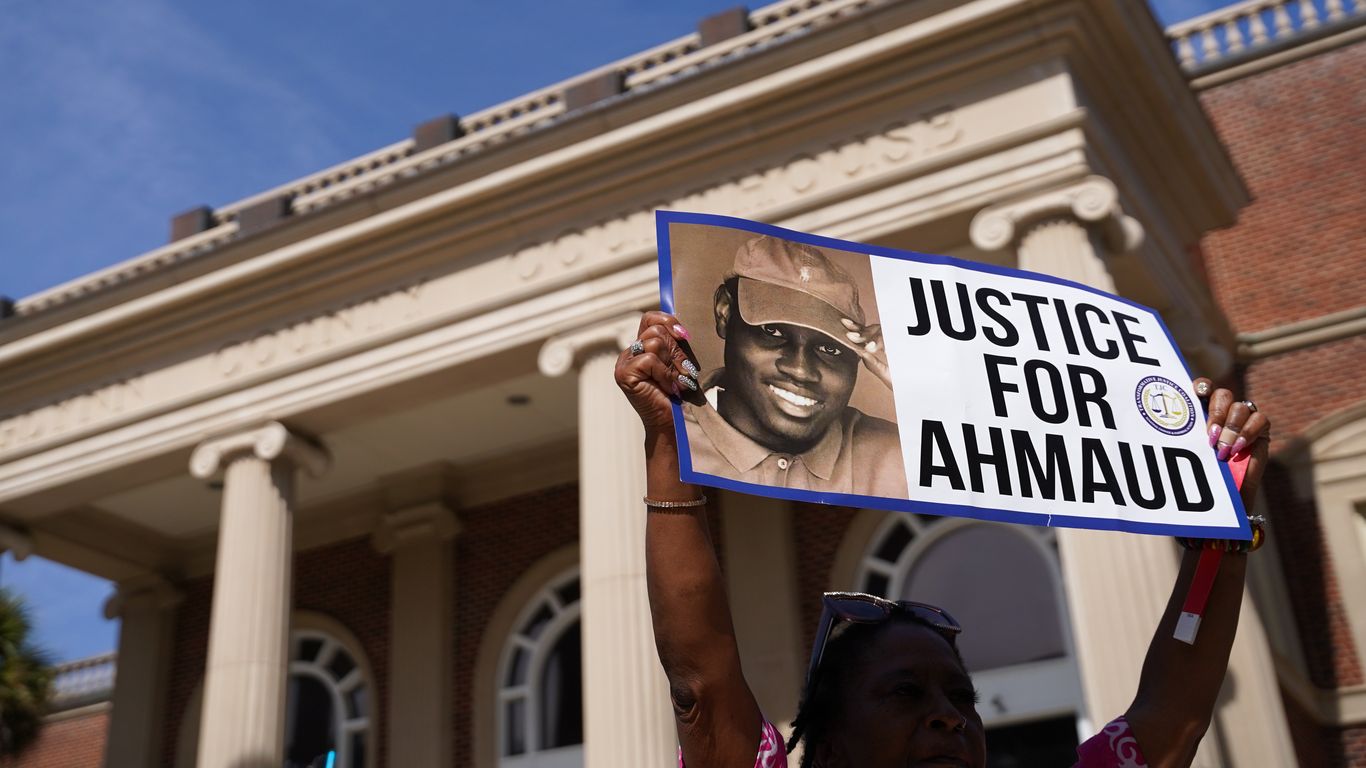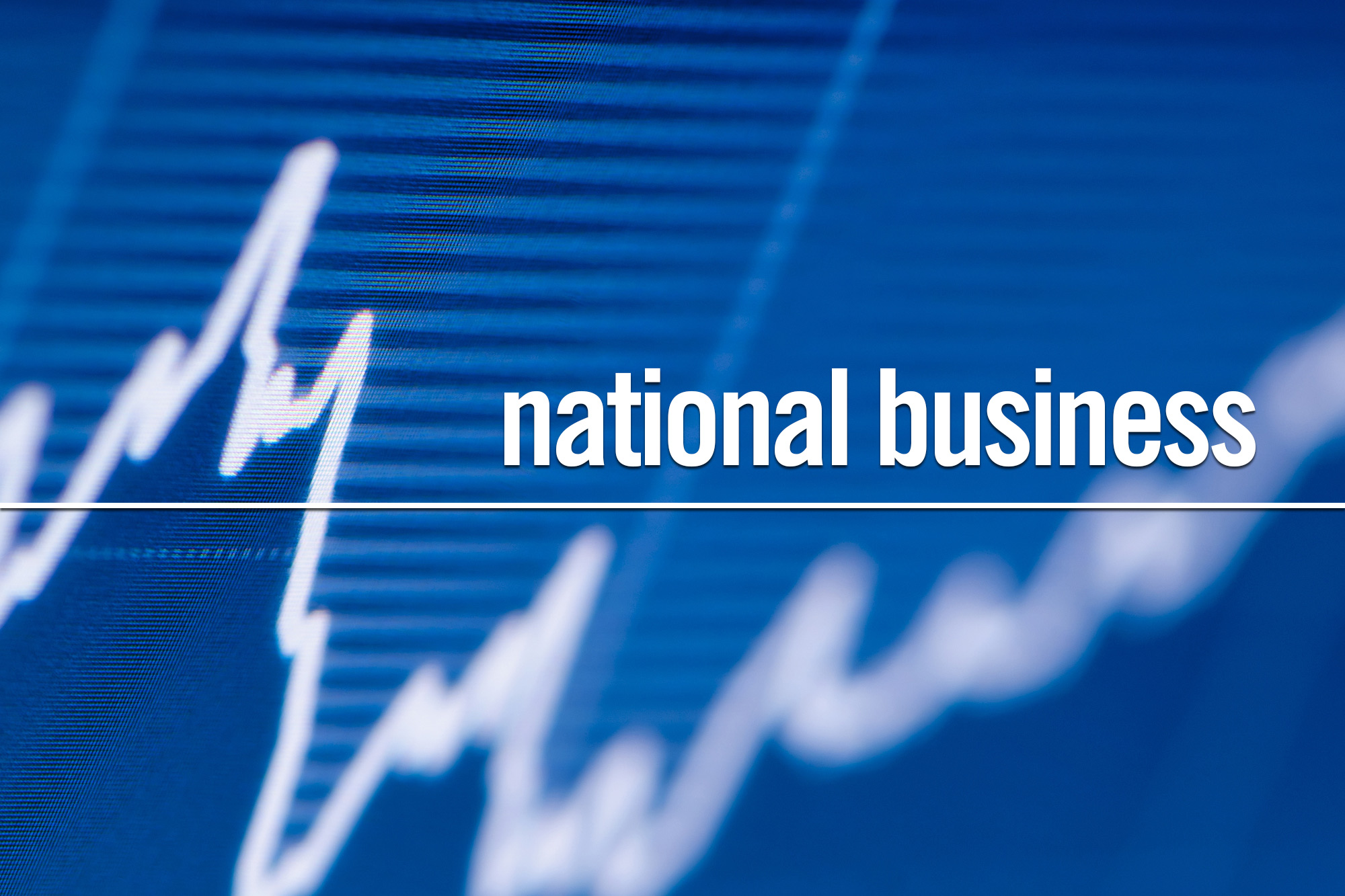At a time when quick commerce is rapidly picking up in India, driven by growing demand for grocery delivery, the country’s largest e-grocer BigBasket is exploring new ways to retain and gain users.
The online grocery startup acquired by Mumbai-headquartered salt-to-software conglomerate Tata is reportedly testing a group buying model in smaller cities, beginning with the southern state of Karnataka, a report by local media Economic Times (ET) said, citing sources.
The Bengaluru-based company is targeting tier 3 and tier 4 towns with its community group buying approach, wherein users can create groups through messaging and social media platforms to buy products at reduced prices.
BigBasket currently operates in about 30 cities, and the new approach will allow it to expand its footprint in India’s smaller cities and towns, where users have been transitioning to shopping online due to the pandemic. The group-buying model is said to be pioneered by China’s leading e-commerce player Pinduoduo, which leverages messaging apps like WeChat and QQ to let buyers connect and make group purchases at discounted rates.
Meanwhile, the company is reportedly working to roll out an express delivery service called BB Now to catch up with its existing and new rivals—all of which are now focusing on quick commerce—wherein they promise delivery of goods in 15–30 minutes after an order is placed.
For instance, online grocery platform Grofers raised money from food delivery giant Zomato last June and shifted gears to deliver fresh produce and grocery within ten minutes. Earlier it focused on value over convenience, delivering orders in a few days. The company rebranded as Blinkit in December 2021 to underline its newfound focus on quick commerce.
Food delivery giant Swiggy, which launched express grocery delivery service Instamart last year to fulfill orders in 45 minutes last month, said it would invest USD 700 million to expand into quick commerce space and bring down the delivery time to 15–30 minutes. Zepto, a quick commerce startup that was founded in early 2021 and claims to deliver groceries in ten minutes, has also been growing at lightning-fast speed after raising USD 160 million in two rounds that shot up its valuation to USD 570 million.
However, hyperlocal services startup Dunzo may prove to be Tata-owned BigBasket’s biggest challenger. Last week, Tata’s rival oil-to-internet conglomerate Reliance led a USD 240 million funding round for the six-year-old startup, buying 25% of its shares.
Reliance and Tata are the two largest companies in India by market capitalization. Since 2020, both giants—present across multiple sectors—have been focusing on creating an e-commerce empire by leveraging their massive physical retail businesses to become omnichannel players.
While BigBasket’s group-buying pilot may help it differentiate and gain an edge over its direct competitors, the approach pitches it against a slew of new social commerce platforms that have been sharpening their focus on grocery delivery. The list includes SoftBank-backed Meesho, Tiger Global-backed DealShare, and e-commerce giant Flipkart-owned Shopsy.
BigBasket seems to be aiming to bring different models of grocery buying onto one platform. It is reportedly integrating its morning subscription service for milk and essential items on its main BigBasket app. Aside from morning delivery, instant delivery, and group-buying models, the e-grocer is also venturing offline.
The company opened its first brick-and-mortar store under its in-house brand Fresho in November 2021 and plans to have a network of 200 such stores by March 2023. Users can place orders online and collect them from the Fresho stores, which are deploying self-checkout counters.
Note: This article have been indexed to our site. We do not claim legitimacy, ownership or copyright of any of the content above. To see the article at original source Click Here












